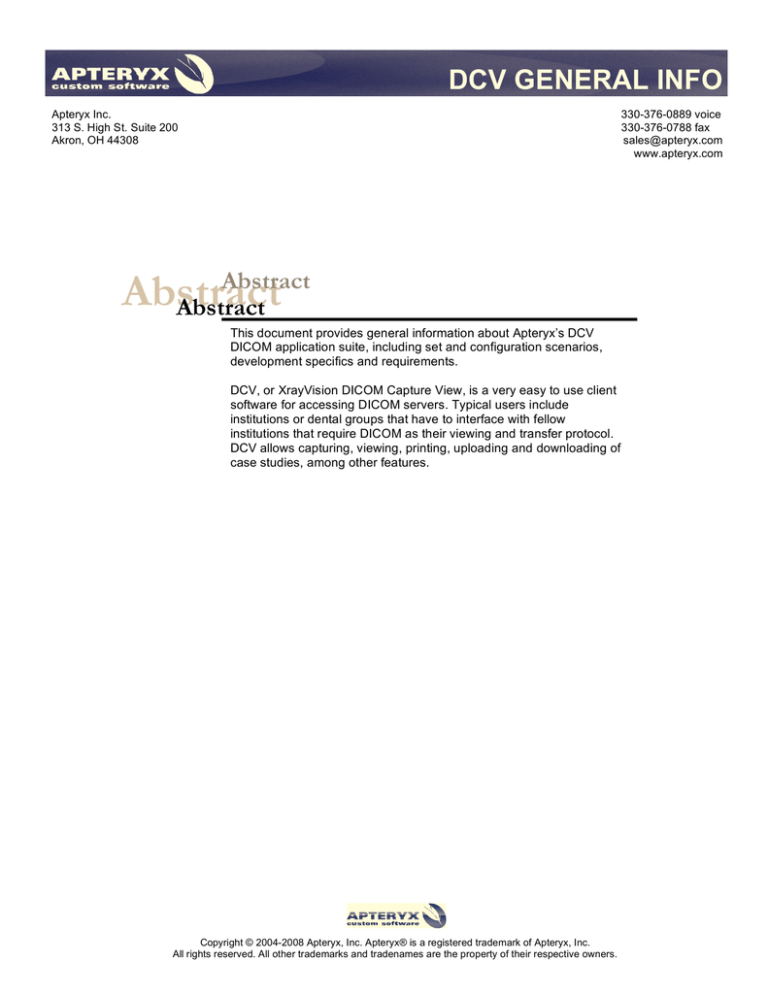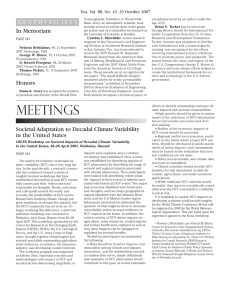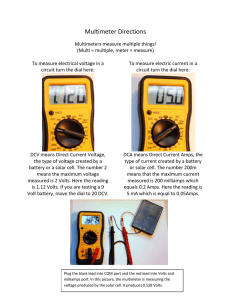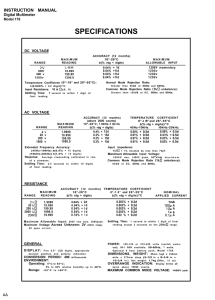
DCV GENERAL INFO
Apteryx Inc.
313 S. High St. Suite 200
Akron, OH 44308
330-376-0889 voice
330-376-0788 fax
sales@apteryx.com
www.apteryx.com
Abstract
Abstract
Abstract
This document provides general information about Apteryx’s DCV
DICOM application suite, including set and configuration scenarios,
development specifics and requirements.
DCV, or XrayVision DICOM Capture View, is a very easy to use client
software for accessing DICOM servers. Typical users include
institutions or dental groups that have to interface with fellow
institutions that require DICOM as their viewing and transfer protocol.
DCV allows capturing, viewing, printing, uploading and downloading of
case studies, among other features.
Copyright © 2004-2008 Apteryx, Inc. Apteryx® is a registered trademark of Apteryx, Inc.
All rights reserved. All other trademarks and tradenames are the property of their respective owners.
DCV General Info
DEVELOPMENT SPECIFIC
Development Environment:
Language:
Source Code Control:
Version Labeling:
Version Change Information:
Development Approach:
Database:
FDA:
Microsoft Visual C++ v6.x
C++
Visual Source Safe.
“major, minor, 0, build”
“major” number changes for significant changes in the software
package (i.e. significant database changes; significant GUI
changes). “minor” number changes for significant changes that
do not warrant a major version change. “build” number changes
for any modification to any software package.
Version change information including version and release dates
can be found at
http://www.apteryxware.com/productversions/index.html.
Waterfall method.
Two database types are available: Apteryx Database Format;
SQL (still under development and testing). Database engines
are interchangeable.
The software is a FDA registered device under our XrayVision
product line.
SOFTWARE DESIGN
The DCV solution is divided into three primary components: XrayVision DCV; DCV Data Manager; utility
applications.
XrayVision DCV is the main application used by the end user. This application is the component that is
used to capture, view, maintain and enhance images. This application can either be used stand-alone or
in conjunction with one or more DCV Data Managers. Additionally the functionality of each DCV on the
network can be further restricted to allow specific actions such as: capture workstation only; view
workstation only; and data correction workstation.
DCV Data Manager is the main data server component of the product line and is basically a PACs system
with additional functionality and features. DCV Data Managers are not required (but recommended) to
use the XrayVision DCV product but significantly improve the overall package line when: used in medium
to large scale deployments; used in tiered or hierarchical deployments; linked to large scale production
systems such as hospital or medical systems; used in work order scheduled environments. Utilizing the
DCV Servicer, the DCV Data Manager can be run on as a service on a server computer.
The various utility applications are used by IT personnel to ease install and manage their DCV
deployments. For more information on DCV utility applications, please refer to the “DCV Utility
Applications” document.
SOFTWARE REQUIREMENTS
Operating System:
Database Software:
®
Apteryx , Inc.
Minimum of Windows XP or Windows Server 2000.
Optional SQL Server for deployments that utilize the SQL
database format. This is not required for the base installation of
DCV which is built on top of the Apteryx Database format.
-2-
9 pages
DCV General Info
HARDWARE REQUIREMENTS
Non-Specific:
Any computer that can run the Windows operating system is
sufficient to run the DCV product line. Performance is
dependent on computers. Network connection required for
networked deployments of the software.
PORTS
DICOM Incoming Port:
DICOM Return Image Port:
XML Communication Port:
Proxy Retrieval Port:
®
Apteryx , Inc.
Required / Configurable. The default port for incoming DICOM
communications is the default DICOM port of 104. For more
information on DICOM communications please refer to the
standard.
Required / Configurable. The default port for returning images
DICOM to query clients is port 1004. For more information on
DICOM communications please refer to the standard.
Optional / Configurable. The default port for XML
communications is port 651. This port can be used by various
applications in order to perform a number of tasks from:
information query; remote configuration; status checks.
Optional / Configurable. The default port for proxy retrieval
communications is port 650. Due to the complexity of setting up
rd
some 3 party PACs servers, the proxy retrieval capabilities of
the DCV Data Manager can be used in order to facilitate one
rd
“accepted clients” entry on the 3 party PACs. All DICOM
clients can then use the proxy retrieval protocol within the DCV
rd
Data Manager to communicate with the 3 party PACs.
-3-
9 pages
DCV General Info
DATABASE SPECIFIC AND SETUPS
The DCV product line is very versatile and flexible in terms of its deployments. It is capable of supporting
a wide range of deployment topographies from stand-alone computers to wide-range tiered replication
networks. The database can keep all data locally or can be set up to forward information onto other
servers (either immediately or based on a schedule) and can even handle communication over periodic
connections.
STANDALONE SETUP
The most simple of setups for DCV is a standalone setup. In the standalone setup only the
XrayVision DCV application is required.
NETWORK WITH NO SERVER SETUP
DCV can additionally be setup on multiple computers on the same network and share the same
database directly without requiring a server computer or server application to control reading and
writing to the shared database. The networked database can be located and shared from any
computer on the network. This configuration is best for basic deployments of fewer than five
computers that do not need to interface with other software systems such as scheduling systems and
that do not have image forwarding requirements for transmitting captured images to other locations.
®
Apteryx , Inc.
-4-
9 pages
DCV General Info
NETWORK WITH DCV DATA MANAGER SETUP
When deployments are required on more than five computers, require interfacing with other software
systems or require images to be transmitted to other locations a DCV Data Manager server should be
implemented. The DCV Data Manager acts as the primary repository of all of the images on the
network, schedules and coordinates transmission of images to remote locations if necessary and
facilitates integration with third party information systems. Additionally, this configuration enables the
individual DCV PCs to maintain redundant databases and still permits all of the DCV PCs to retrieve
and view images taken from any of the computers on the network.
®
Apteryx , Inc.
-5-
9 pages
DCV General Info
RD
INTEGRATION WITH 3 PARTY PACS SYSTEMS SETUP
rd
Even though the DCV PCs can operate directly with a 3 party PACs system, the optimal solution is
to integrate the DCV deployment to the PACs through a DCV Data Manager. Not only does this
setup permit optimal performance for each of the DCV PCs but additionally permits the DCV Data
rd
Manager to perform the work, data correction and data migration of the images to the 3 party PACs.
Additionally the DCV Data Manager can automatically convert image modalities to those that are
rd
accepted by the 3 party PACs (i.e. converting PX images to CR images). Additional benefits to this
setup come from the easy of setup of forwarding images to PACs systems. Since most PACs
systems required complex and time consuming setup and maintenance of accepted DICOM clients
(especially in DHCP networks) the DCV Data Manager can be setup to act as a proxy connection to
the PACs system itself communicating for all DCV PCs on their behalf. This setup allows the IT staff
to maintain a single entry on the PACs system for all DICOM communications even with hundreds of
DICOM viewer workstations.
®
Apteryx , Inc.
-6-
9 pages
DCV General Info
MOBILE COMPUTERS
Due to the flexibility of the DCV configurations the DCV application can additionally support
computers that are not always attached to the network. These standalone units can operate
autonomously from the main system and if and/or when a connection is established to the main
network, DCV transfers all new images to the main repository.
MOBILE DENTAL UNITS
The mobile configurations of the DCV product line can further be abstracted to Mobile Dental Units.
In these types of setups, entire DCV substructures can be deployed which in turn automatically
synchronize with each other whenever the connection between the two becomes viable.
®
Apteryx , Inc.
-7-
9 pages
DCV General Info
TIERED STRUCTURE AND IMAGE FORWARDING
To support a multitude of deployment topographies, the DCV solution can be tiered to continually
forward images down a hierarchy of storage locations. A typical utilization of this functionality is for
an organization to have local deployments forward images to a regional repository which in turn
forwards images to a global repository. Using the image forwarding and data replication capabilities
of DCV, these setups are virtually limitless and can be used to implement any topography required to
meet the needs of the deployment.
®
Apteryx , Inc.
-8-
9 pages
DCV General Info
®
Apteryx , Inc.
-9-
9 pages






